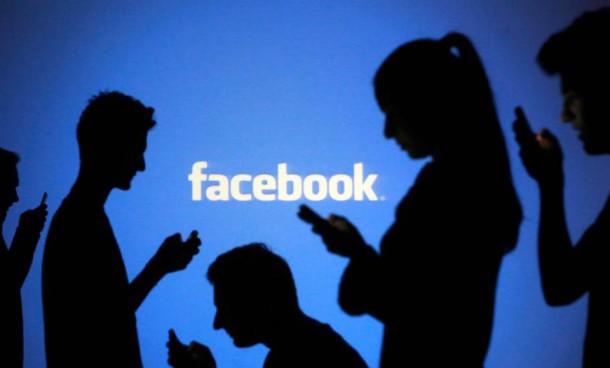Facebook Takes Down Major Spam Operation

Facebook announced that it has disrupted a major spam operation that appeared to be coming from bogus accounts located in Indonesia, Bangladesh, and a number of other countries. In an attempt to avoid detection, spammers were found to be using rather sophisticated means of disguising their location, including redirecting their traffic through proxies. The company stated it has been fighting this particular spam operation for six months and that stopping this campaign prevented the spammers from reaching their objective of sending inauthentic material to large numbers of people.
Shabnam Shaik, a Facebook technical program manager, wrote in a blog post:
Our systems were able to identify a large portion of this illegitimate activity – and to remove a substantial number of inauthentic likes. We also received help from our partners, who alerted us to suspicious activity that helped us identify additional accounts that were part of the same campaign. As we remove the rest of the inauthentic likes, we expect that 99% of impacted Pages with more than 10,000 likes will see a drop of less than 3%. None of these likes were the result of paid ads from the affected Pages.
Facebook believes the spammers intended to gain new Facebook friend connections by interacting and liking publishers' pages, after which point they would send spam. The scheme did not appear to have been activated yet, as the majority of the illegitimate accounts went dormant after liking only a small number of pages. Shaik went on to say the spammers had "not been mobilized yet to actually make connections and send spam to those people."
In recent weeks, the company has stepped up its efforts to detect and remove spam by identifying and eliminating fake or compromised accounts. Facebook said that it was able to identify and remove a substantial number of fake likes and that 99% of impacted pages with more than 10,000 likes will see a drop of less than 3%. None of these likes were the result of paid ads from the affected pages.
Facebook did not say how many fake accounts were discovered, nor did it reveal the number of publishers' sites that were targeted.
Get Tom's Hardware's best news and in-depth reviews, straight to your inbox.
Steven Lynch is a contributor for Tom’s Hardware, primarily covering case reviews and news.
-
shrapnel_indie And now... there are those who wish to "rent" your FB account to place ads... of course to minimize detection, you can't have placed any sort of paid advertising or promotions... you have to have had your account for a certain amount of time, AND must be willing to install an app that will allow them remote access to your HOME PC.Reply -
The only real way to combat this sort of activity is that once the source is identified (the usual players have already been identified) all providers simply depeer the offending ISP/s, and if that doesn't stop it, depeer the source country/countries until they get their act together. Yes, innocent users will be caught in the net, but this will only serve to put pressure on the authorities in those places to fix the problem. And yes, if necessary, I include the US in this as well. Extreme problems require extreme measures.Reply